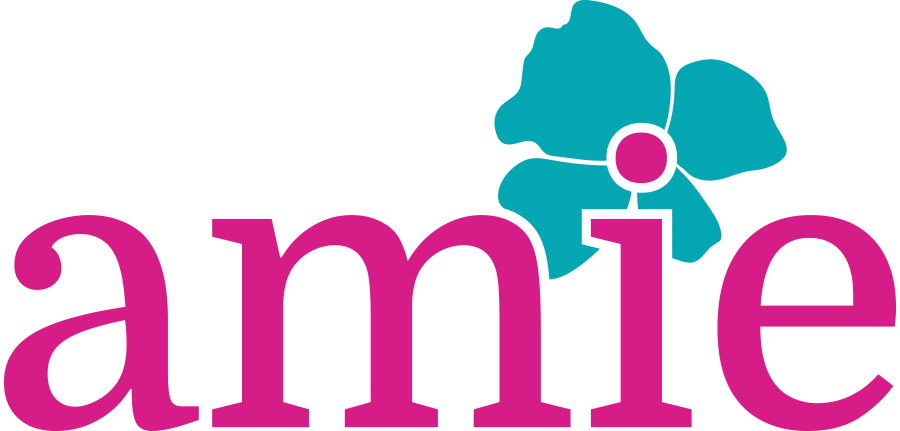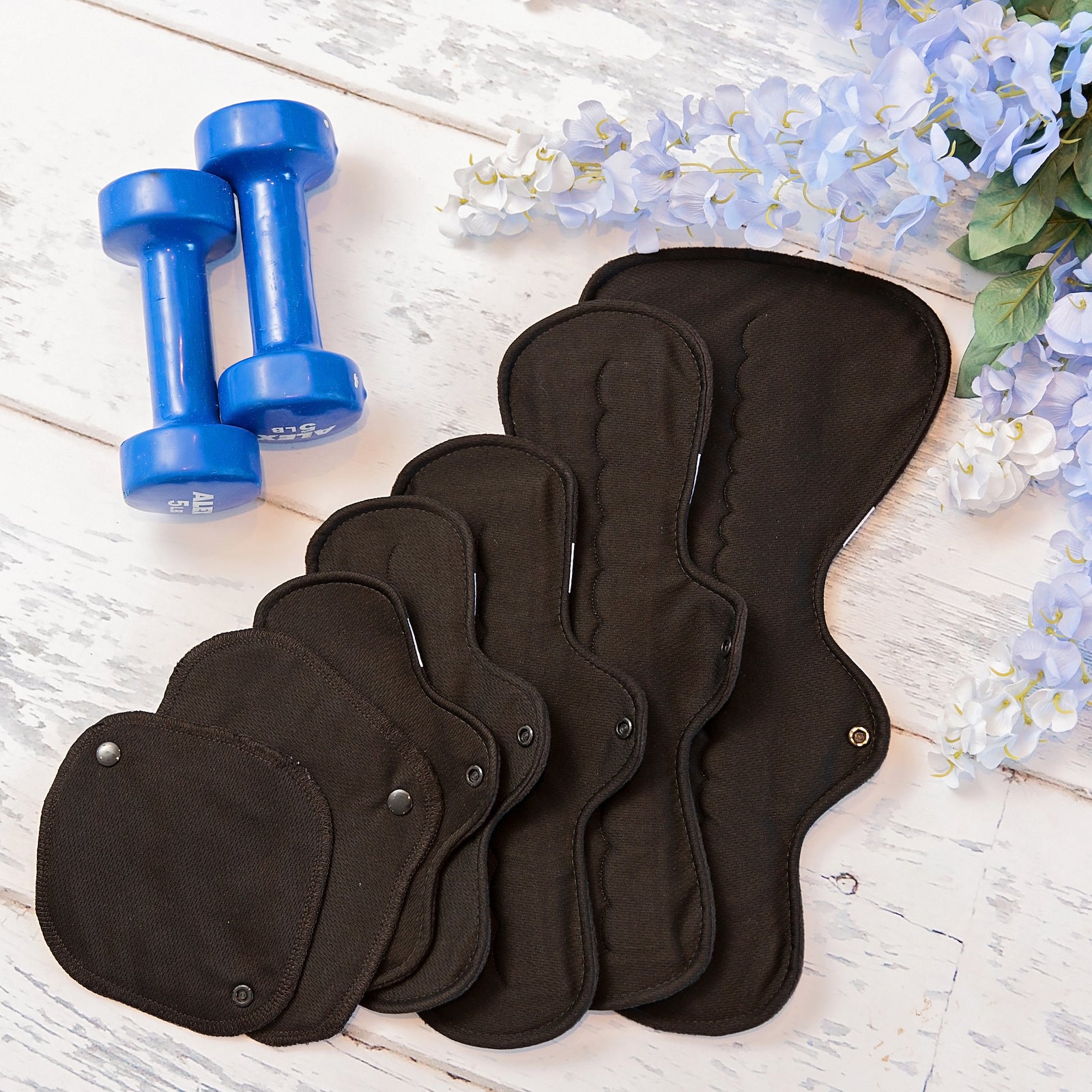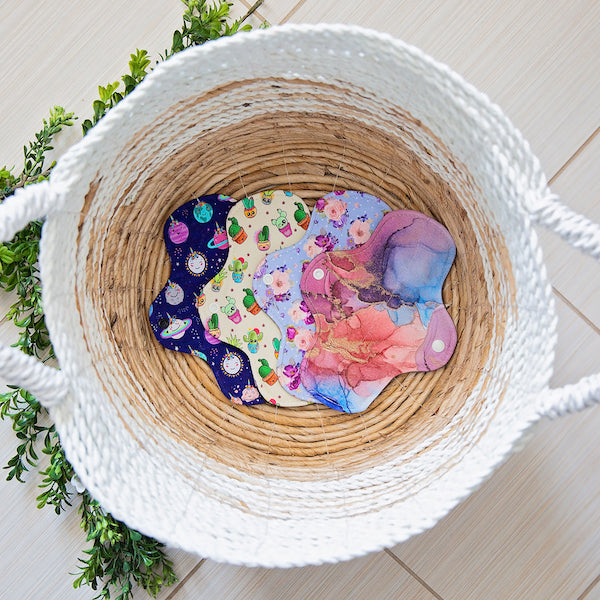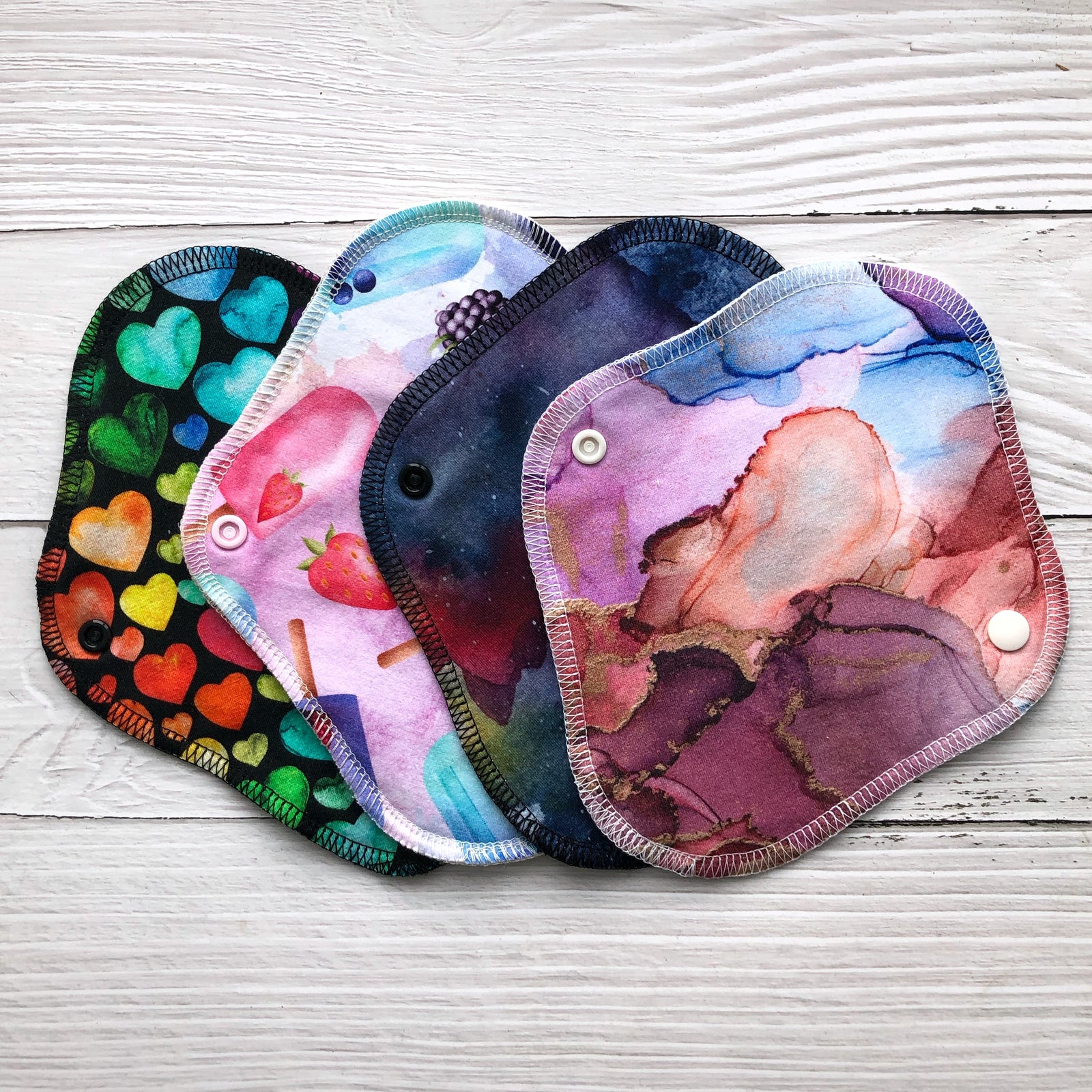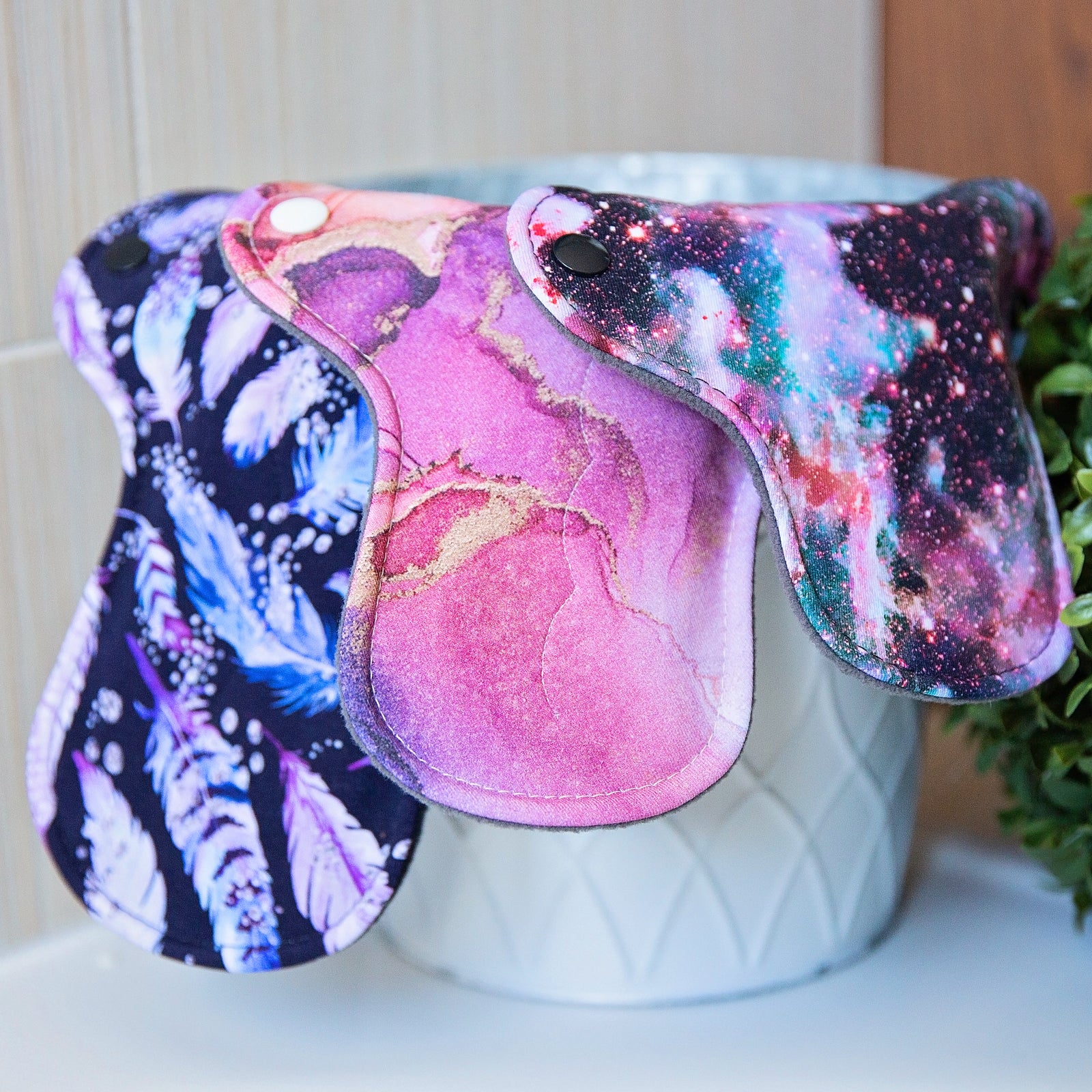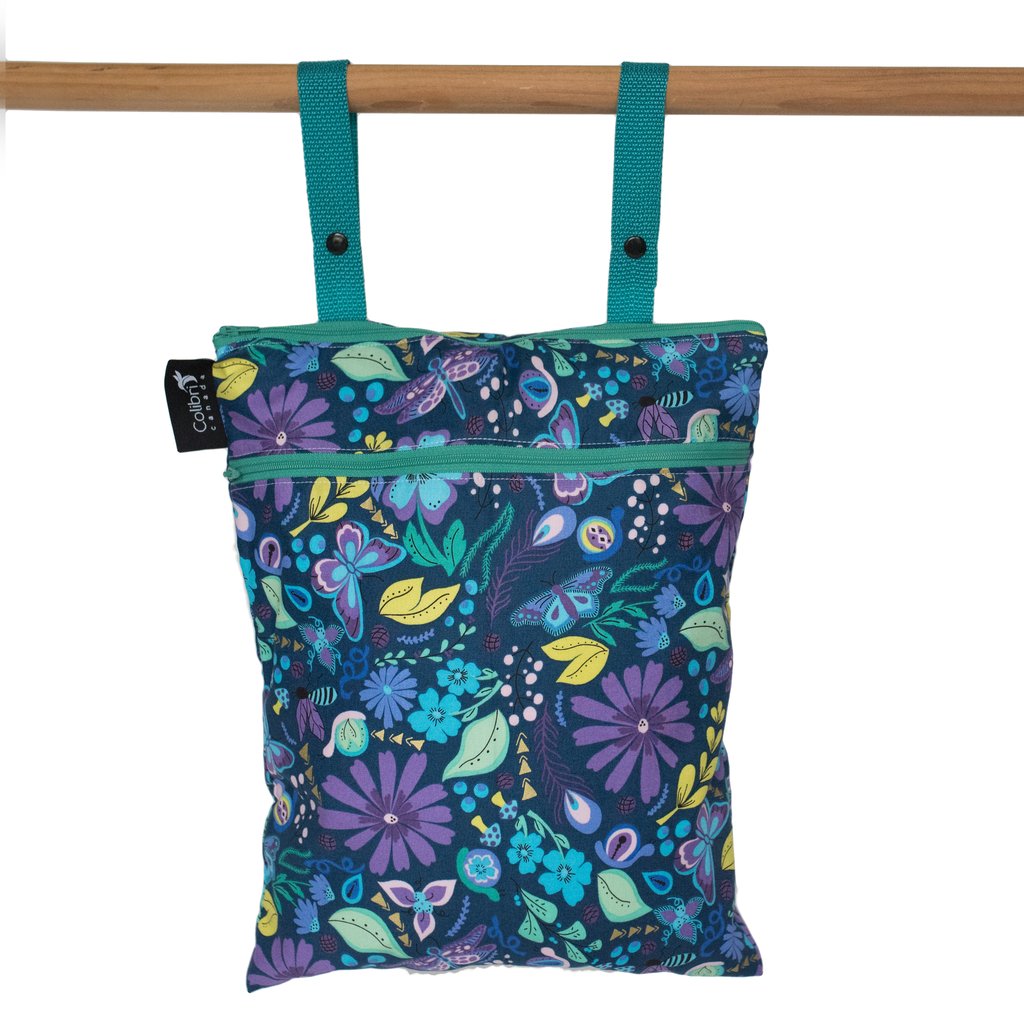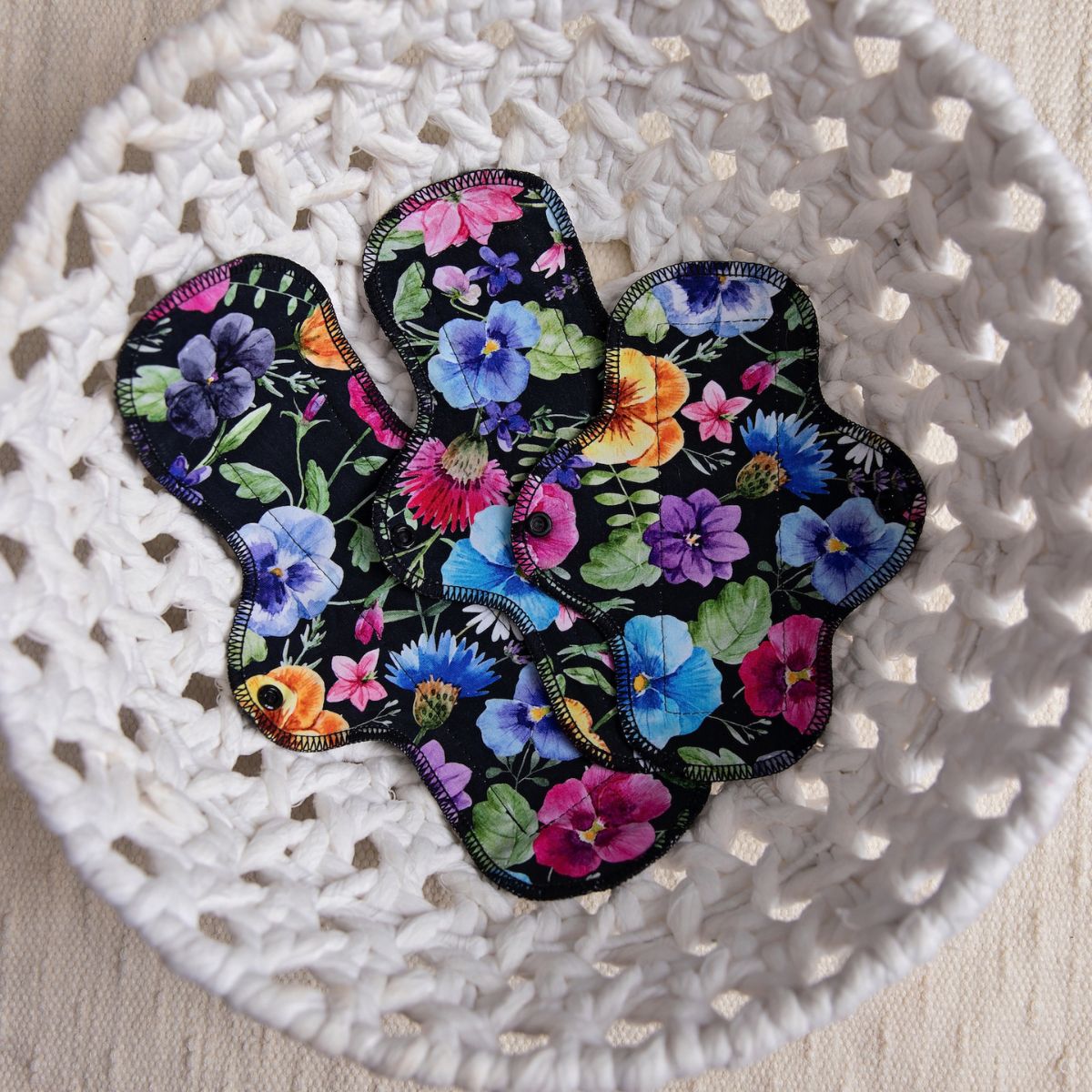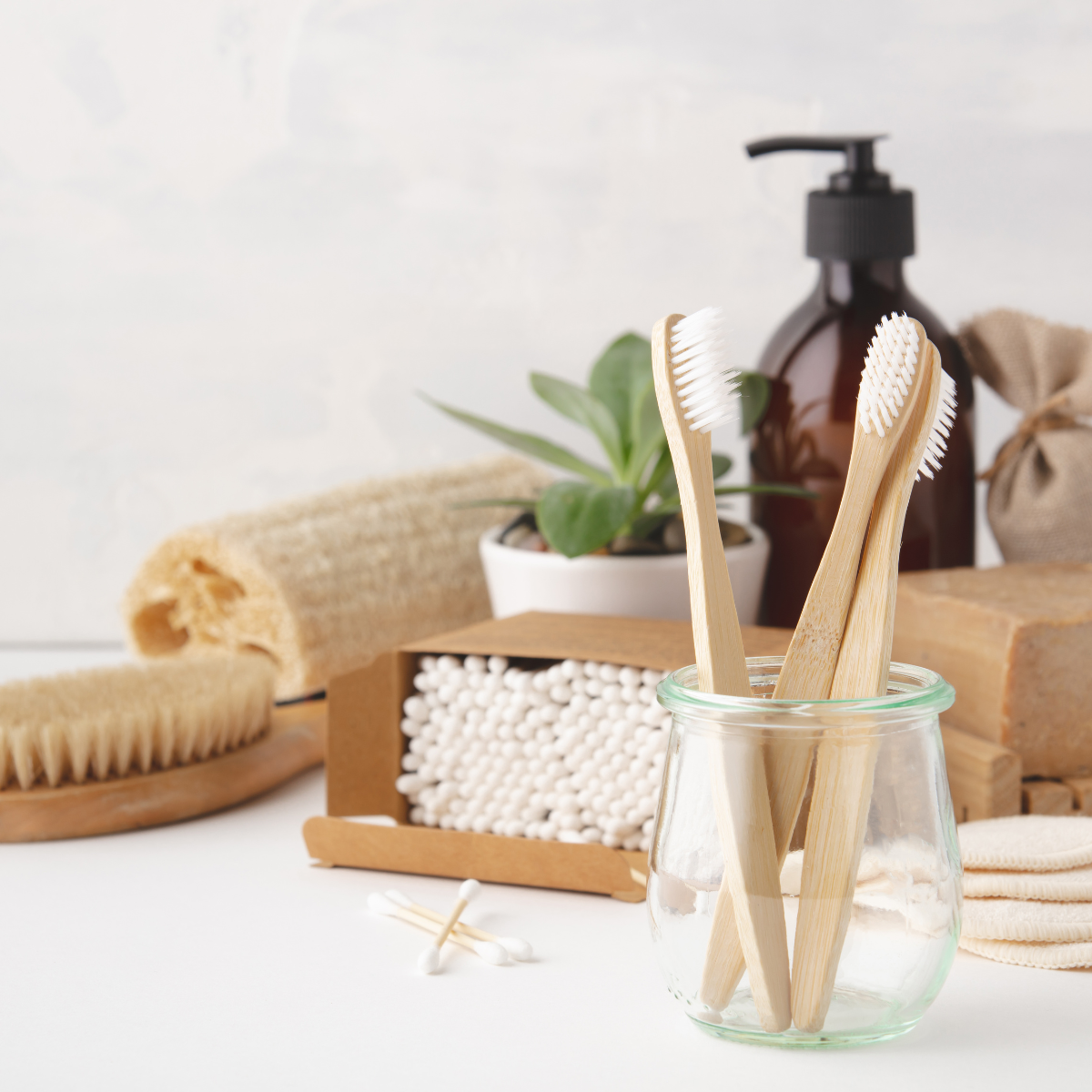When I was about 8 years old, I found out that I had breast cancer and I was terrified. I worried for weeks about how I would tell my mom that I was going to die of breast cancer, and soon.
At least I thought I had breast cancer.
I had found a lump and was educated enough to know that lumps in breasts equalled cancer and cancer meant I was going to die. Fortunately, my parents had created a shame-free climate in our home about our bodies. Once I’d worked up the courage to tell my mom about my impending death, she compassionately acknowledged my frightened feelings and then gave me solid information that set my mind at ease. What I actually had was normally developing breasts which often start off (and sometimes stay) a little lumpy.
As moms, we often find ourselves faced with the challenge of talking to our kids about sensitive topics. We bring along our own baggage and past, even if our children don’t find the topic particularly loaded. One such topic that can evoke big feelings in adults and kids is menstruation. However, having open communication about periods is crucial in empowering children, reducing misconceptions, and fostering a period-positive and shame-free environment. Let’s explore together the importance of talking to kids about periods, when and how to do so, and some essential info to cover.

Why Talk About Periods?
Having correct information about periods is so important for many reasons. Most importantly, information is empowering. Ensuring children have quality information, provided by someone they trust, helps reduce anxiety, shame, and fear not just about periods, but about their bodies in general. Equipped with accurate knowledge, they are less likely to feel embarrassed or anxious with the arrival of their first period.
Besides that, when we get ahead of the game, by providing children with information early on, we prevent them from having to rely solely on potentially unreliable sources, such as friends at school, for understanding periods. Having good information going into these conversations, means they can better spot inaccuracies and will also be more likely to come to us with questions when something seems off.
Engaging in conversations about periods also presents an opportunity to instill a period-positive and shame-free family culture from an early age. While schools can provide valuable information, they cannot create a family culture. Only we can do this. We don’t have to create period art or have first period parties (if you want to - go you!), but simply by addressing questions openly and positively at home, we contribute to normalizing menstruation and breaking down period stigma, a win for our children and a win for everyone.
Who Should Be Involved?
When discussing periods, if you have both sons and daughters, make it a priority to include everyone in the conversation. Boys, too, need a working knowledge of periods to foster empathy, support, and healthy relationships with their female friends and family members. When we talk to both boys and girls about periods in a comfortable, casual way that communicates periods are a normal part of life, we help dispel myths, challenge stigmas, and create a more inclusive and understanding society. More wins all around!

When to Talk About Periods?
One approach to discussing periods is to answer questions as they arise. Dr. K. Knuff, a BC physician specializing in women’s health, says, “if they’re old enough to ask, they’re old enough to receive an age-appropriate answer!” By honouring children’s questions with compassion and accurate information, we demonstrate that we are safe people to come to with queries about sensitive topics. Because my own mom responded with facts and non-judgment to my fears and confusion, she proved herself to be someone to whom I could go in the future.
"For me, it comes naturally… especially with cloth pads (and lack of privacy)," says mom, Brittany W. "My oldest often asks questions and she loves picking out which pad I’ll wear next and helping with taking the pads out of the laundry and stacking them. She’s only 4, but she’s been very aware of periods since about 2.”

But, maybe questions about periods won't come up naturally and that’s okay. We can bring up the topic ourselves. If you are watching you’ll find creative times to bring up periods. Ideas to get you started: when you see commercials for menstrual products, when discussing other body-related issues (body odour, anyone?!), while shopping and passing by menstrual products in stores, or when a new baby is born or expected in the family or among friends.
Is there a time that is too early to talk about periods?
There is not.
Many girls experience their first period, known as menarche, as early as 10 years old. By providing information well in advance, we can reduce stress and shame associated with this significant milestone in a girl's life.

While my own mom told me about periods well in advance, I was still first informed by a friend at age 5. She pulled me into her bathroom and showed me a box of her older sister’s tampons.
“Do you know what these are for?” I didn’t.
“It isn’t funny. It’s horrible," she whispered in her most grave tone, eyes-wide."My sister has a bleeding vagina and you will, too.”
That didn’t sound too good at all. Let’s help our girls feel confident in what is coming, instead of leaving them in the dark.
How to Approach the Conversation?
We set the tone here, so take a deep breath and approach the conversation about periods in an easygoing judgment-free manner. Our kids will pick up our lead. Dr. Knuff advises that because truthful yet non-judgmental scripts are not yet widespread in our culture, it's completely okay not to have all the answers at the drop of a hat. We can take a moment to gather our thoughts and respond thoughtfully, saying something like, "Give me a few moments to think about that. I want to provide you with a thorough answer, so let me choose my words carefully."

Be comfortable with micro-conversations. If you leave this article with the idea that you need to have regular, long and loaded conversations with your child about bodies and periods, I haven’t done my job! Some conversations may be longer, yes, but it is ideal to simply make it comfortable to talk about periods in small, casual ways as we go about life.
When talking about bodies, it is advisable to use accurate anatomical terms. While it will not necessarily feel effortless or natural, using words like vagina and vulva appropriately is an important part of good, menstrual education. We can also educate children about the common misuse of these terms. For example, many people will say ‘vagina’ when they mean ‘vulva’ and kids should know this to help them understand what others may be trying to communicate.
When children can use correct terms, they can better communicate their needs and concerns about their bodies to health care providers. Studies even suggest that children who know the correct names for their genitals are less likely to be targeted by sexual predators. Also, being able to use correct, anatomical terms for genitalia will help children more effectively disclose abuse if the unthinkable situation arises.
What Information to Share?
To ensure a proper understanding of periods, you may want to gauge your child's existing knowledge by asking some questions and then address any misconceptions they might have. Children can experience stress when they possess incomplete information, such as associating lumpy breasts with breast cancer. Opening the conversation with questions allows us to provide accurate information and alleviate any unnecessary worries.

Key Points to Cover When Discussing Periods:
- Typical Length and Timing: Explain that periods typically last 4-5 days and occur approximately once a month. Make sure your child knows that healthy cycles can be different lengths for different people, and it is normal for periods to be a little (or a lot!) irregular when someone is just beginning to have periods.
- Cervical Fluids: Please, please make sure your child knows that cervical fluid is healthy and normal. It is supposed to be there! Provide information about how these fluids vary during the cycle and emphasize that they are not only normal, but cervical fluid is actually to essential to fertility later on! Without this knowledge, too many girls grow up feeling ashamed or that they have some kind of infection. (I prefer the term ‘cervical fluid’ to ‘cervical mucus’, but if you are googling, ‘cervical mucus’ will be the term that will return the most results.) You may want to show her some pictures of what normal, healthy cervical fluid looks like.
- Stages of the Menstrual Cycle: In the coming months, we’ll be sharing some terrific information about the different ‘seasons’ each person can expect to experience during the menstrual cycle, how mood, productivity and many other things vary in particular pattern each month. For now, it would be great to at least cover premenstrual syndrome (PMS). Explain that PMS can cause emotional changes and that it is a common part of the menstrual cycle.
- Dealing with Cramps: Without causing undue stress, bring up the topic of menstrual cramps and let your child know there are ways to alleviate discomfort, if needed. Equally important, though, is to be sure to communicate that many people experience no discomfort at all during their period. If you need some ideas, check out our blog post: Period Self Care: Proven Methods that Actually Work!
- Supplies and How to Use Them: Chat over the options for period care. While of course, menstrual cups and tampons are two possibilities, these are typically options to save for later on. Most younger girls will start with pads. (We suggest reusables, of course!) If you have decided on reusables, allowing your child to pick out some of her favourite prints often eases the transition to regular periods with just a teensy bit of something she’s looking forward to. Decide together on a place you will keep the supplies for when they are needed. Be sure to demonstrate exactly how to use them and even talk through what she’ll do when she gets her period.

It is ideal, when talking about periods with children to create an open, shame-free environment that encourages honest conversations and empowers children with accurate information. But, it is okay if not every single interaction with your child has been ideal. That is expected. It is okay to learn along the way and give yourself permission to be imperfect. Remember that you are not the only influence or teacher your child has.
By starting to incorporate these conversations early - even imperfectly - we can help our children be part of a generation that is knowledgeable, empowered, and unashamed of the natural processes that have given life to each person who has ever lived.
